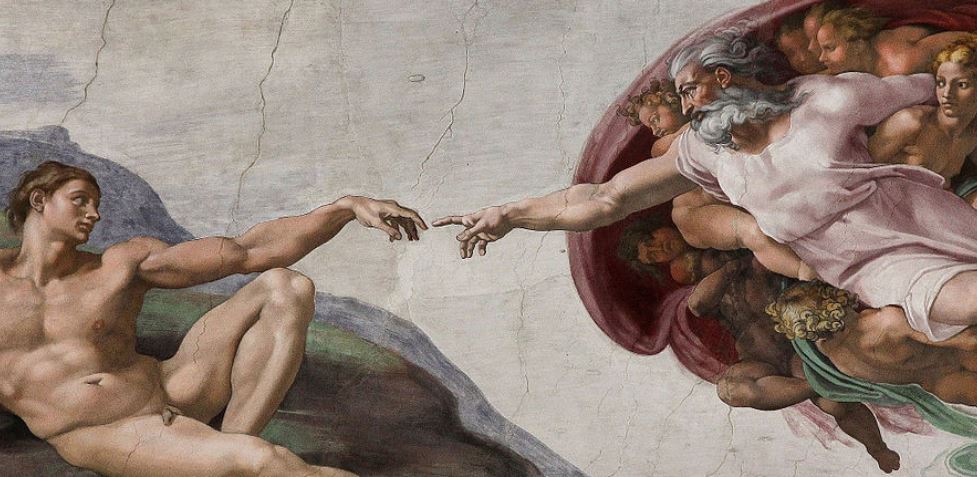Appearances can be deceptive. One might think, for instance, that this article is going to be religious. It is not. Not in the least.
To speak tautologically, a religious article is one which is religious, i.e. one that advocates a particular religious position or perspective. The following will not advocate any religious position or perspective. On the contrary, it will simply consider the question of whether Islam and Christianity can be seen as being the same, or similar, or as complementing each other, or whether they are so radically opposed and at loggerheads that it is a grievous error to see them as having anything meaningful in common.
At one extreme there are the “ecumenists” who like to speak about Christians and Muslims as “people of the Book”, united in their belief in the One God and, as such, a positive force for good in the world. At the other extreme, there are the atheists who endeavor to demonize both religions as being “people of the Book”, united in their belief in a non-existent tyrannical monolith called “God” and, as such, a negative force responsible for much of the hatred and discord in the world. Against both of these extreme positions, there is a third position, which simply states that Islam and Christianity are as radically opposed to each other as each of them is opposed to atheism.
In a practical sense, each of these three positions will radically affect, and indeed effect, our view of the world. How we see the global situation, politically and culturally, will be determined by which of these three positions we believe to be true.
Let’s begin with Islam. The inscription in the Dome of the Rock in Jerusalem states that Jesus “was only a Messenger of God”. He was not God’s Son. “Far be it removed from His transcendent majesty that He should have a son. It befits not God that He should take to Himself a son.… Praise be to God, who has not taken unto Himself a son, who has no partner.” Compare this with Christianity: “No one who denies the Son has the Father. He who confesses the Son has the Father also.” Cf. 1 John 2:23.
In a program called The Creed, hosted by Mike Aquilina and Scott Hahn on EWTN, Dr. Hahn spoke of his encounter in a restaurant with an Islamic scholar. When Hahn referred to God as “Father”, the scholar pounded his fist on the table and said, “Do not blaspheme. That is human, not divine.”
“So we changed the subject,” said Hahn, “and we were talking about Jesus, and I referred to Him as ‘Son’.” Down came the fist even louder. “Stop blaspheming,” the scholar demanded. “Sonship is human, not divine.”
Hahn then asked why we cannot speak of the love of God, in terms of analogy, as the love of a Father. “God is not love as a father,” the Islamic scholar replied. Instead, he employed the analogy as that of the love that an owner of a dog has with his pet, i.e. not fatherhood but ownership.
For a moment, Hahn thought he was joking. He wasn’t. “He didn’t smile. He said what he meant and he meant what he said. And I realized that Allah does not love as a father. It is a master/slave relationship. It is a religion of divine slavery. [Islam means “submission”.] And if we don’t like it, we have to realize that’s how they define their own religion. Those were the terms he was using. And to say that God is Father and we His children is not only a presumption, it is blasphemy.” A couple of minutes later, Hahn again referred to God as Father and the Islamic scholar pounded his fist on the table, stood up and stormed out of the restaurant.
Whether we like it or not, Christianity and Islam are separated by an abyss of difference. The “God” that Muslims and Christians worship is not the same God. One God might be the true God but, if so, the other is a false god. They cannot co-exist as true gods. It’s a question of being logical, not theological. And as for atheism, there is at least one thing it shares with Islam. Neither the atheist nor the Muslim believe in the Son of God whose birth Christians will celebrate later this month.
















Leave a Comment
Your email address will not be published. Required fields are marked with *